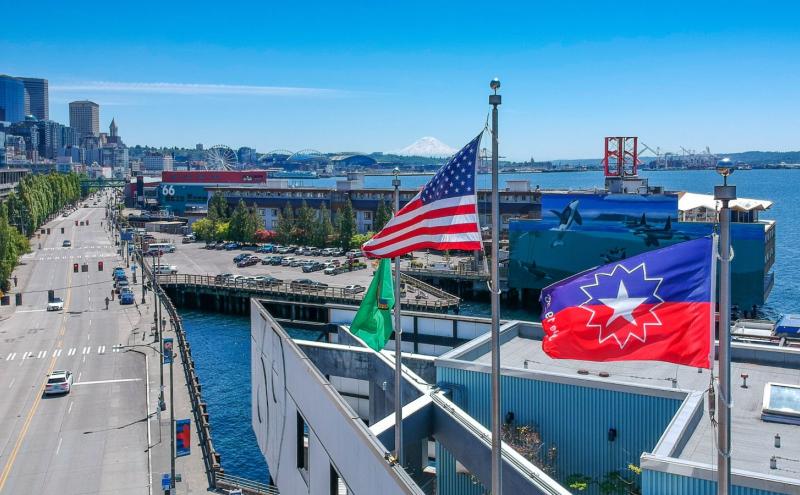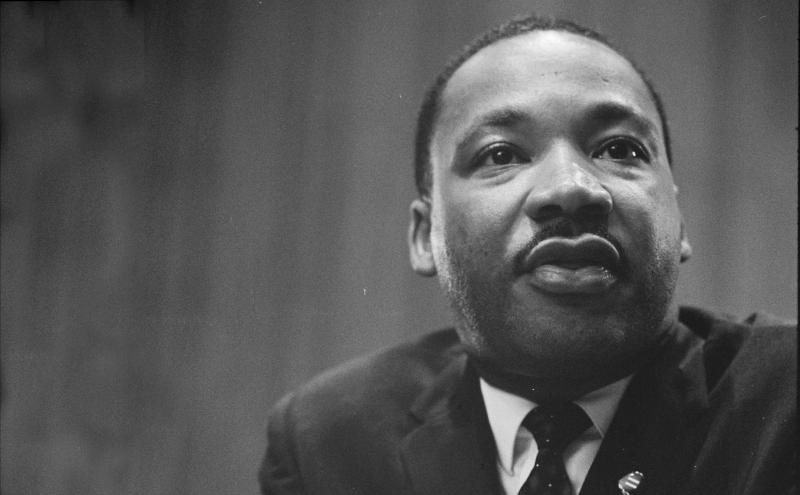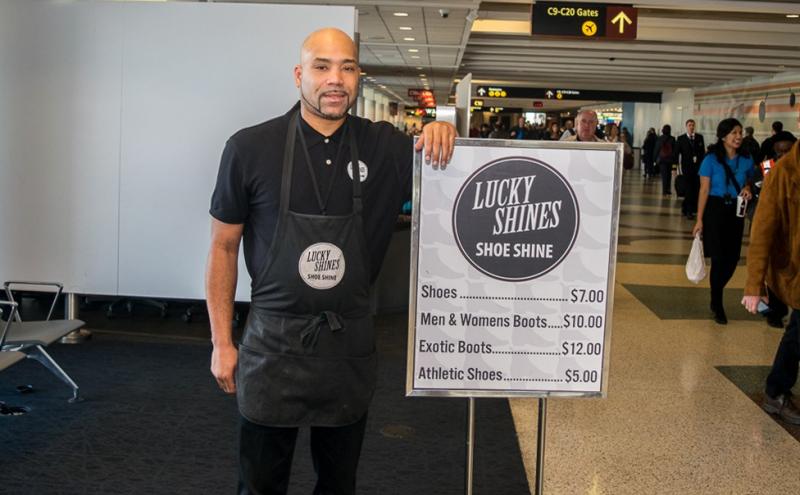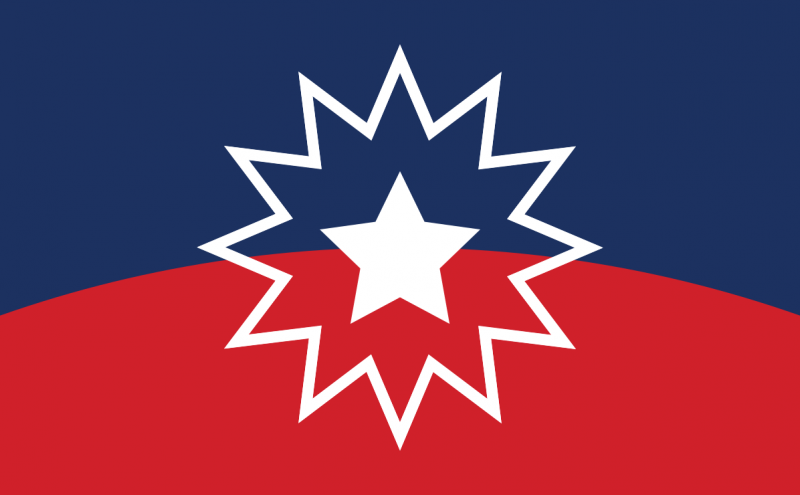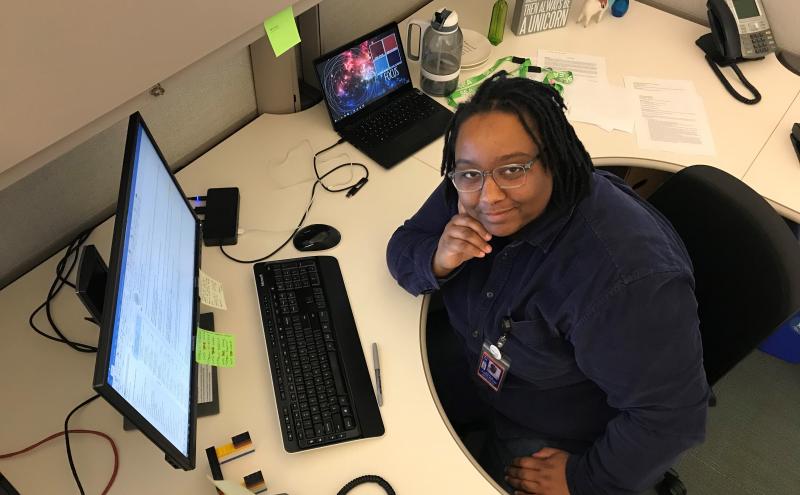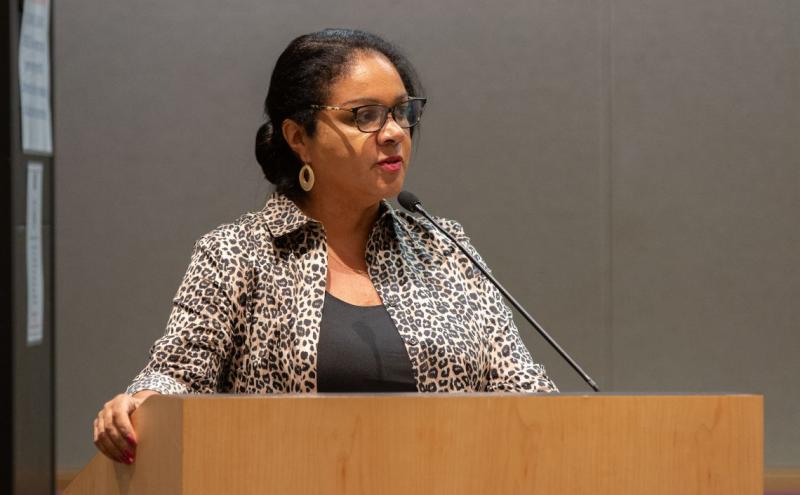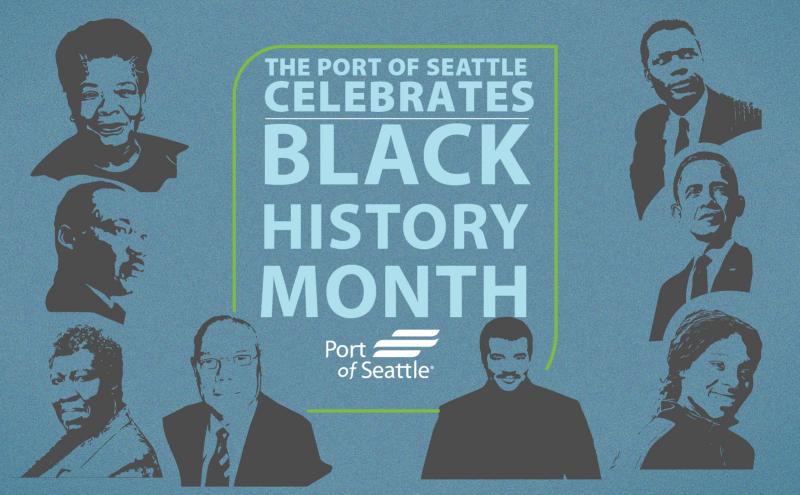
By LaTonja Brown
Last year, in honor of Black History Month, the Port of Tacoma and The Northwest Seaport Alliance employees were able to share why the month matters to them. Here is what I wrote.
“When I was growing up, the main thing I learned about Black History was slavery. So, today it’s been a joy to see the contributions of ‘Hidden Figures’ come to light. I have always been struck by the strength of my ancestors. Men and women who survived the Middle Passage, slavery, Jim Crow (and as a daughter of the South, the KKK), labor market discrimination during the migration north, the Civil Rights Movement and the list goes on and on. When I think about Black History — especially in light of the last year and the current climate, I think about strength and power to endure, survive, and thrive.”
Although I was born in the South, I grew up in Eastern Washington in an area where there weren’t many Black families. Many times, I was the only Black student in the class, especially in elementary and junior high. It seems like the information I learned about Black History revolved around slavery and Civil Rights. Each year, there would be this awkward moment in social studies when slavery was discussed, and it felt like — in my young mind — that all eyes strayed to me.
Transatlantic Slave Trade
In my intellect, I understand the enslavement of people has existed throughout the ages with people who were enslaved woven into the fabric of society. “Slaves” were not brought from African countries. People who had occupations were bought and forced into slavery. Personally, I couldn’t reflect on Black History without mentioning it because the racist ideologies that enslavers used to justify inhumane conditions still exist today.
“I never owned slaves.” “It was a long time ago.” “People need to move on.” “It has no bearing on today.” I have been angrily informed that, “Africans sold other Africans into slavery” — as if I didn’t know. I have been angrily given a list of countries and regions that had “slaves” — as if I didn’t know. What causes the deflection, anger, and uncomfortableness when talking about slavery in America? There are multiple reasons. People were dehumanized to sustain a practice put in place for monetary gain. A practice condoned by some in churches, but that is another conversation all by itself. Particularly in light of how important church and spirituality was and is to the Black community along with the hope that it still brings.
The Transatlantic Slave Trade is part of my reflection because it shows the strength of my ancestors, who survived the Middle Passage as well as the atrocity of slavery. “Still I Rise.”
Reconstruction and Beyond
The Black experience in America does not end with slavery, but the roots of racism have remained. After the last federal troops left, many of Reconstruction’s social and political gains in the south were reversed. Over the course of time, free people developed successful Black towns. Some died out because people moved to bigger cities in search of opportunities. Yet many were destroyed. You may have heard of Tulsa and Rosewood, but there are countless other thriving towns that were destroyed. Some were started by an accusation of assault, others because of peaceful assemblies or demand for basic rights.
During and after the time of Reconstruction an Exodus from the South occurred. As Black families moved to bigger cities, Black men were not able to find work because of labor market discrimination, while Black women were able to find work as domestics.
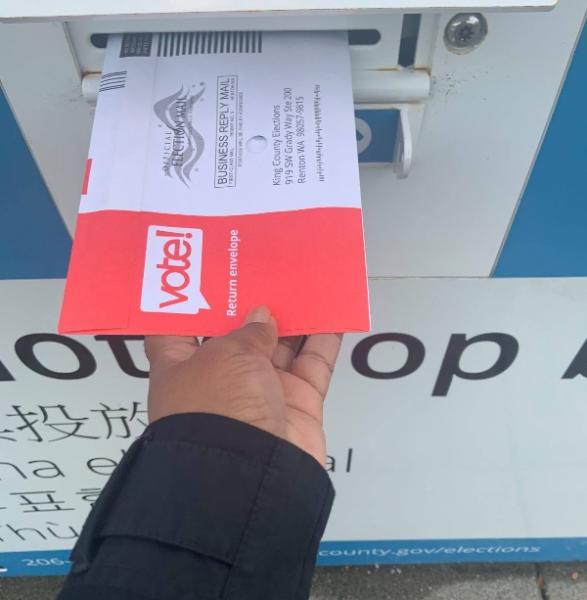
Reconstruction and urbanization are part of my reflection because despite entire towns being destroyed, people still had the drive to rebuild or move to unfamiliar places in search of better. Having to navigate a world where you could be raped, murdered, or have property destroyed and know you would get no justice would be hard to navigate, as well as living in a world with unspoken rules to know your place. “Still I Rise.”
Jim Crow and Civil Rights
For a time, a “Separate but Equal” philosophy existed. People “knew their place.” The move to end segregation was long, painful, and met with resistance. The Civil Rights Movement, which was for equality and justice, is not something that happened hundreds of years ago. It is something that happened in the lifetime of many people who are still alive today. The time was filled with peaceful protests and sit ins, that often ended with violence and arrest. The images of water boarding, dog attacks, and other violence are upsetting. I have so much respect for the men and women who protested, marched, and supported because they wanted more for themselves and future generations. “I am because you are.”
History being made today
Two women of color were elected to the Port of Seattle Commission for the first time. We have the first woman and first person of color Vice President of the United States. These are milestones to be celebrated because it shows we are making some progress. Merit and ability have never been an issue, but access has. To assume someone is not qualified because of their race or gender is to assume that someone is because of it.
“A Change Is Gonna Come”
Saying “Black Lives Matter” in no way suggests that other lives don’t matter. While I would love to live in a world where “the content of my character” mattered, we live in a world where having conversations about race “matters.” People today are not “snowflakes.” People today are more likely to call out injustice of any kind, regardless of who becomes uncomfortable, and this gives me hope.

In the end
Throughout history narratives have been created to foster division. Yet we are most powerful when we work together and build on common ground regardless of race, gender, religion, political party, or any other thing currently dividing us. I can reflect on what Black History Month means to me and acknowledge the struggles of other races, appreciate the contributions of races, and participate in the celebrations of other races. Black History is part of the fabric of American History we see today. The fabric of survival and overcoming is the American story, without comparison of struggle or dismissal of history.
I am a descendant of men and women who survived the Middle Passage, Slavery, who navigated Jim Crow, and Civil Rights. People who endured, succeeded despite of, struggled, and sacrificed so I can dream today. I celebrate the strength and determination of all of my ancestors — known and unknown. “I rise.”

